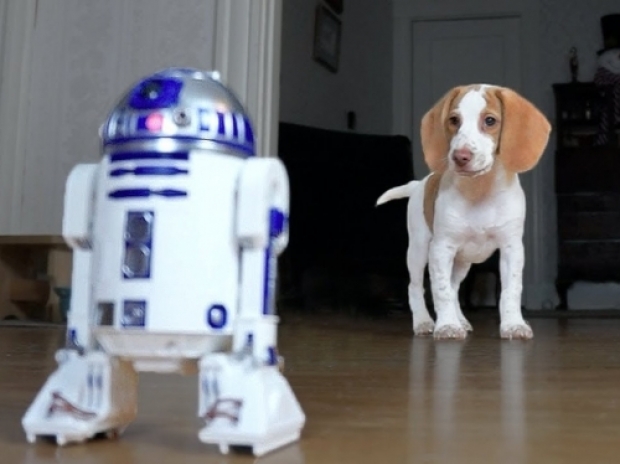However, according to a new paper, machine learning is speeding it up by orders of magnitude.
A lab at Stanford University's Precourt Institute for Energy boffins have half a dozen refrigerator-sized cabinets designed to kill batteries as fast as they can. Each holds around 100 lithium-ion cells secured in trays that can charge and discharge the batteries dozens of times per day.
This provides reams of performance data that will teach artificial intelligence how to build better batteries.
In 2019, a team of researchers from Stanford, MIT, and the Toyota Research Institute used AI trained on data generated from these machines to predict the performance of lithium-ion batteries over the lifetime of the cells before their performance had started to slip.
Ordinarily, AI would need data from after a battery had started to degrade in order to predict how it would perform in the future. It might take months to cycle the battery enough times to get that data.
One of the boffins said that their AI could predict lifetime performance after only hours of data collection, while the battery was still at its peak.
"Prior to our work, nobody thought that was possible", said William Chueh, a materials scientist at Stanford and one of the lead authors of the 2019 paper.
In a paper published in Nature in February, Chueh and his colleagues described an experiment in which an AI was able to discover the optimal method for 10 minute fast-charging a lithium-ion battery. Many experts think fast-charging batteries will be critical for electric vehicle adoption but dumping enough energy to recharge a cell in the same amount of time it takes to fill up a tank of gas can quickly kill its performance.
To get fast-charging batteries out of the lab and into the real world means finding the sweet spot between charge speed and battery lifetime. The problem is that there is effectively an infinite number of ways to deliver charge to a battery. Chueh compares it to searching for the best way to pour water into a bucket.
Experimentally sifting through all those possibilities to find the best one is a slow and arduous task -- but that's where AI can help.

